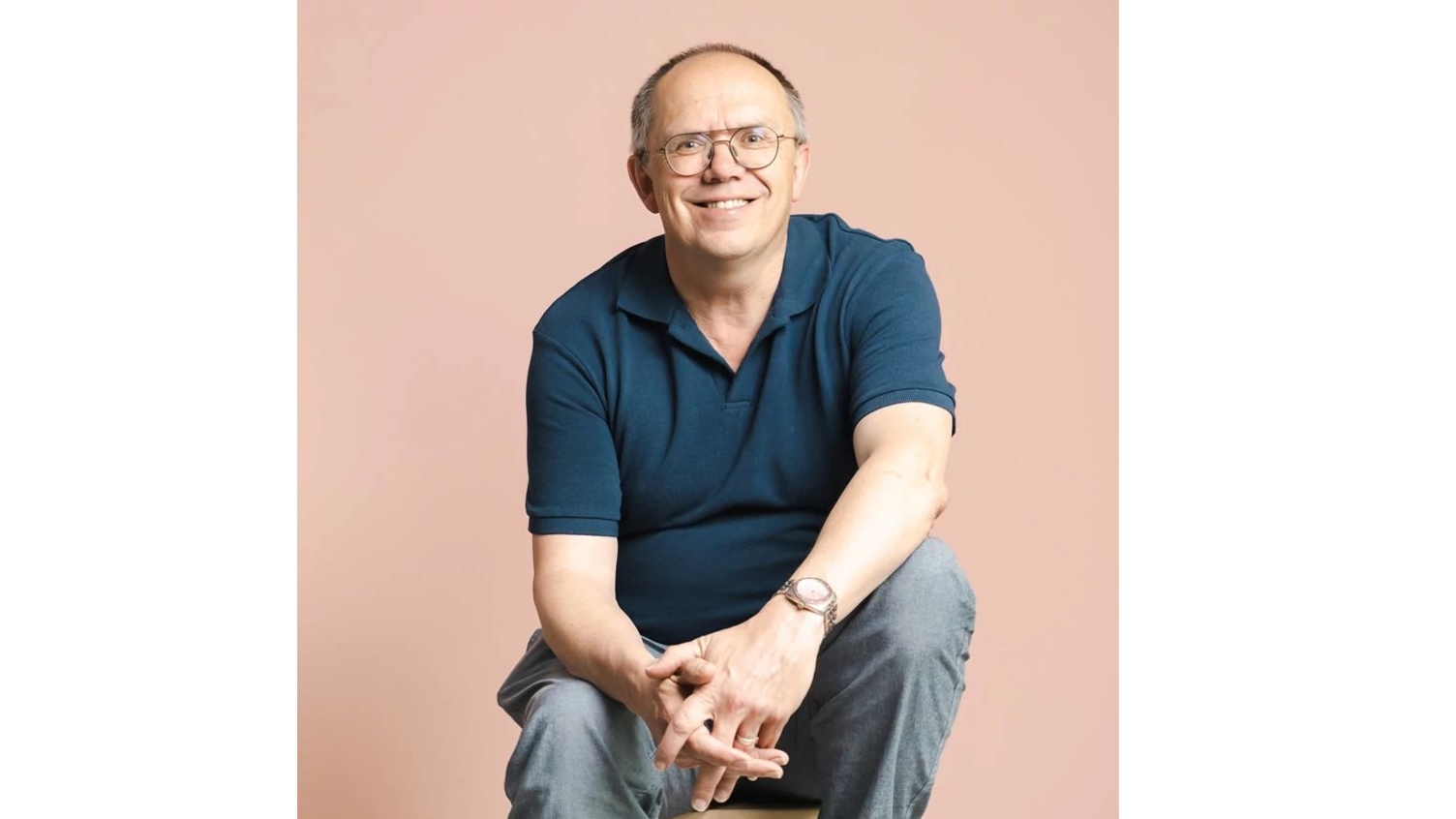Goodbye from Katherine: reflections on my 15 years with the JLA
- 16 March 2023
- 5 min read
I’m writing this blog to share some news with you: at the end of March I will be leaving the JLA. 2023 marks 15 years since I first became involved, and it feels like the right time to step down. I want to take the opportunity to reflect on, and express my gratitude for, the wonderful, career-defining, life-changing experience that the JLA, and all the people within it have afforded me. Apologies – I suspect it’s going to be a long one! Now, let me take you back to the beginning of 2008…
Serendipity brought me to the JLA. I was working as a freelance social researcher and facilitator when I met Lester Firkins, then Chair of the JLA. I’d had very little involvement in the health and social care research world, but I was captivated by Lester’s passion. Founded on Iain Chalmers’ unique vision of partnerships of patients and clinicians working together to improve the evidence base, the JLA was then only four years into its existence. I readily accepted Lester’s invitation to observe and report on a PSP meeting (then called a WP – ‘working partnership’). It was there that I met Sally Crowe and Patricia Atkinson, who with Lester were the core JLA team, supported by an impressive, wide-ranging executive committee. I was thrilled when they asked me to stay on in a consultancy capacity to continue to support the JLA’s development. So much was new to me, but it felt like I’d found my people. I had an interest in the value of grassroots knowledge and experience, so Iain’s mission to democratise health research, and bring the voices of evidence users into the decision-making, resonated with me. We had funding from the National Institute for Health and Care Research (NIHR) and the Medical Research Council to develop and test the method, and to see if it would fly, or not. In other words, failure was an option. This was enormously liberating.
Over the years there have been so many highlights: being part of the team that developed the Guidebook; presenting the JLA method to audiences across the world and opening minds to the logic and value of involving the end users of research in deciding what gets researched; supporting the transition of the JLA into its permanent home at NIHR; and helping to grow the JLA beyond the UK, first in Canada and then worldwide. More recently, when the Covid-19 pandemic hit, we had the opportunity to reconfigure the JLA workshop model so it could be delivered virtually, without compromising the method’s quality and integrity, and while maintaining the principles of inclusion and equality. During those troubled times, the PSPs were an inspiration to me: keeping going despite the enormous pressures and challenges, and remaining optimistic and committed to ensuring their patients’ and clinicians’ non-Covid research priorities would not be forgotten.
Through the hard work of so many people, the JLA has continued to grow steadily. It seems like yesterday that we were celebrating 50 PSPs. Soon it will be 150. It started off with just me remaining from the original team when we moved to NIHR, but now there’s a dedicated Coordinating Team of five, supporting a brilliant JLA Adviser team of nine, working with PSPs across the world. I’ve loved being part of that JLA collective and feel lucky to have been able to count on their support and friendship over the years.
A further highlight, of course, has been the PSPs and the 1000s of people that they have brought me into contact with. Over time, much has changed and developed, and the JLA machine has become more formalised. But the passion and commitment of the people who get involved in these projects never falters. I have been continually inspired and humbled by the way in which people lean into this process and make it their own. I have loved being part of this amazing community of talented, generous and creative people. It’s incredible how many individuals still support the JLA, and continue to share advice and experiences with new PSPs, even several years after their PSP has ended.
So, a few special mentions: the individuals who have the courage to set up a PSP and lead it with such care and commitment; the Steering Group members who give so much of their time and knowledge to make a difference; the Coordinators who embrace the challenges and the opportunities that PSPs throw their way, then go on to do brilliant things with the experience they have gained; the researchers that get out of their comfort zones and put their trust in a process that can feel unfamiliar, uncertain and imprecise; and of course the patients, carers and clinicians who take part in PSP surveys and workshops. You have contributed unquantifiable amounts of time, resource and endless goodwill to the JLA over the years.
I sometimes wonder if people engage because the JLA offers something unique and refreshing. In a world where public discourse seems littered with political and social divisions, and where algorithms push us towards the people and ideas we already align with, JLA embraces the opposite: it’s a process which welcomes and thrives on diversity of experience, perspective and opinion. It wants you to bring your biases and share them with others. It doesn’t judge you, but instead provides a space where you can talk, listen and collaborate. The essence of this is seen at the JLA’s workshops: people agree, they disagree, they learn, they compromise, they laugh, they cry, they’re passionate, they’re respectful and they understand that they are part of something bigger. I salute the individuals who get involved, and I recognise their courage and magnanimity. I have gained so much from the experiences and expertise that they have so generously shared.
As I continue with my work as an independent facilitator, I will remain a passionate advocate for the JLA. I wish the whole team and everyone across the JLA family every success, and am excited to see where it goes next, as the initiative approaches its 20th anniversary.
I’ll end with an anecdote that captures why I’ve loved the JLA so much, and why I knew from the start that it was special. JLA team meetings were originally held in Iain’s office in Oxford’s Summertown. When I arrived in 2008, the first thing I noticed was large, printed photographs of people pinned all over the walls and on the ceiling. Patricia, who was herself in one of the photos, explained that when asked to pose for an official portrait for a National Portrait Gallery exhibition of people of importance in Health, Iain insisted that his colleagues, friends and family were pictured too. He instilled in the JLA this spirit of shared endeavour, the acknowledgement of our interdependence, the value of our partnerships. From Iain’s extraordinary vision, the JLA has developed into an incredible process, and it’s the partnerships of people who make it work. I’m so grateful to have been a part of that. So to all of you who I’ve met, worked with and learned from over these past 15 years, thank you.
Keep in touch with Katherine at www.katherinecowan.net


